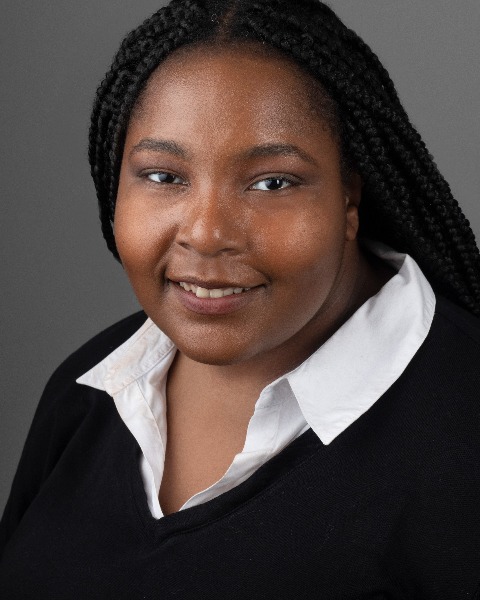Hierarchy of Values in Recovery of Respiratory Failure: Prospective Study of Patients and Caregivers
-

Krystal Capers, MPH
Project Manager
Beth Israel Deaconess Medical Cetner
Boston, MassachusettsDisclosure information not submitted.
-
VB
Valerie Banner-Goodspeed, MPH
Clinical Research Administrator
Beth Israel Deaconess Medical Center, United StatesDisclosure information not submitted.
-
jD
julia Dwyer
Project Manager
Beth Israel Deaconess Medical Center, United StatesDisclosure information not submitted.
-
AT
Andrew Tokoz-Exley
Research Assistnat
Beth Israel Deaconess Medical Center, United StatesDisclosure information not submitted.
-
AD
Andre De Souza Licht
Clinical research Coordinator
Beth Israel Deaconess Medical Center, United StatesDisclosure information not submitted.
-
SB
Samuel Brown, MD, MS
Associate Professor
Center for Humanizing Critical Care, Intermountain Healthcare; Pulmonary Division, Department of Medicine, Intermountain Medical Center; Pulmonary Division, Department of Medicine, University of Utah School of Medicine, United StatesDisclosure information not submitted.
-
SB
Somnath Bose, MD FASA
Assistant Professor of Anesthesia
n/a, United StatesDisclosure information not submitted.
First Author(s)
Co-Author(s)
Title: Hierarchy of values in recovery of respiratory failure:A prospective study of patients/caregivers
Background: Survivors of acute respiratory failure (ARF) face challenges that impact their quality of life across multiple domains. This prospective study aims to identify a hierarchy of preferred outcomes by ranking nine domains of recovery, over the period of six months post discharge among patients and their caregivers.
Methods: This is a single-center companion study to the multi-center APICS (Addressing Post Intensive Care Syndrome) study. This protocol has been expanded to enroll a maximum of 80 patient-caregiver dyads at BIDMC including a subset of COVID positive patients. Eligible patients are those who meet ARF criteria in the ICUs at BIDMC for at least 24 hours and are expected to be discharged home are recruited. Patients and caregivers participate in a survey in which they rank 9 aspects of recovery from critical illness from being most important (1) to least important (9). Patients also participate in the MOCA/MOCA-blind questionnaire at baseline and 6-month follow-up.
Results: This study is actively enrolling. To date, we have enrolled 21 patients and 5 caregivers. At discharge, 43% of patients ranked survival as most important, while 24% ranked cognitive function as most important. 80% of caregivers ranked survival as most important at discharge. Survival remained the highest priority for patients at 6 months followed by physical, cognitive and pulmonary recovery respectively.
Conclusion: Both survivors and caregivers valued survival as the most important construct of recovery. Cognitive function followed survival as the second most important construct. Preliminary results indicate that these preferences may change over a period of time however small sample size limits broad generalizations. Final results are expected to help delineate a hierarchy of patient centered outcomes in this population.
